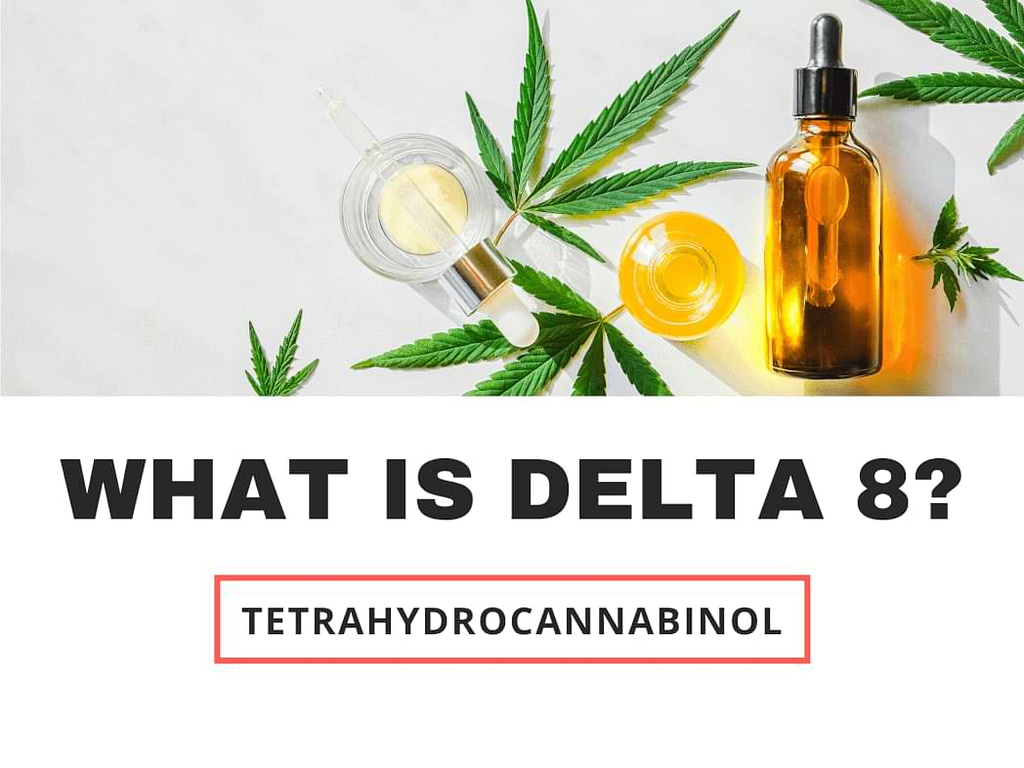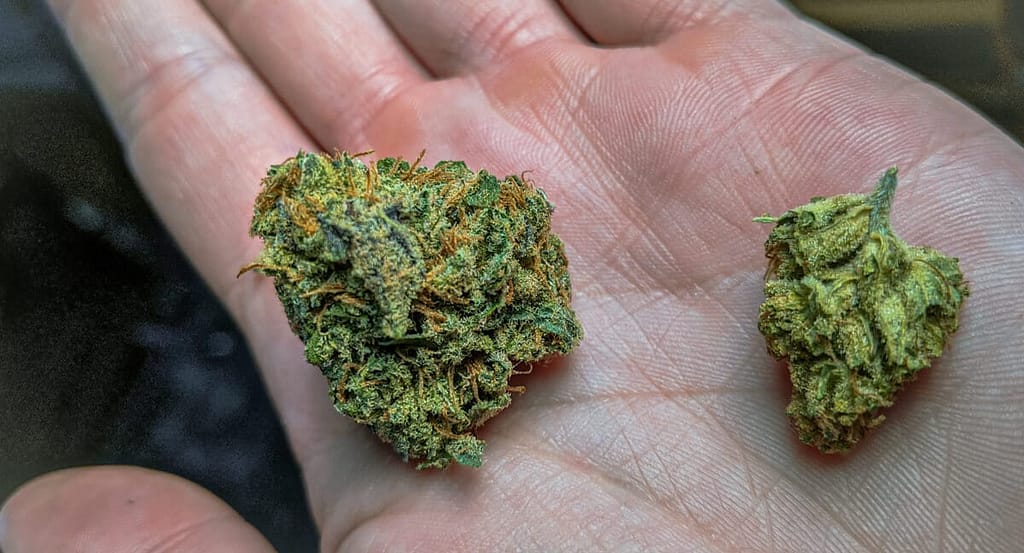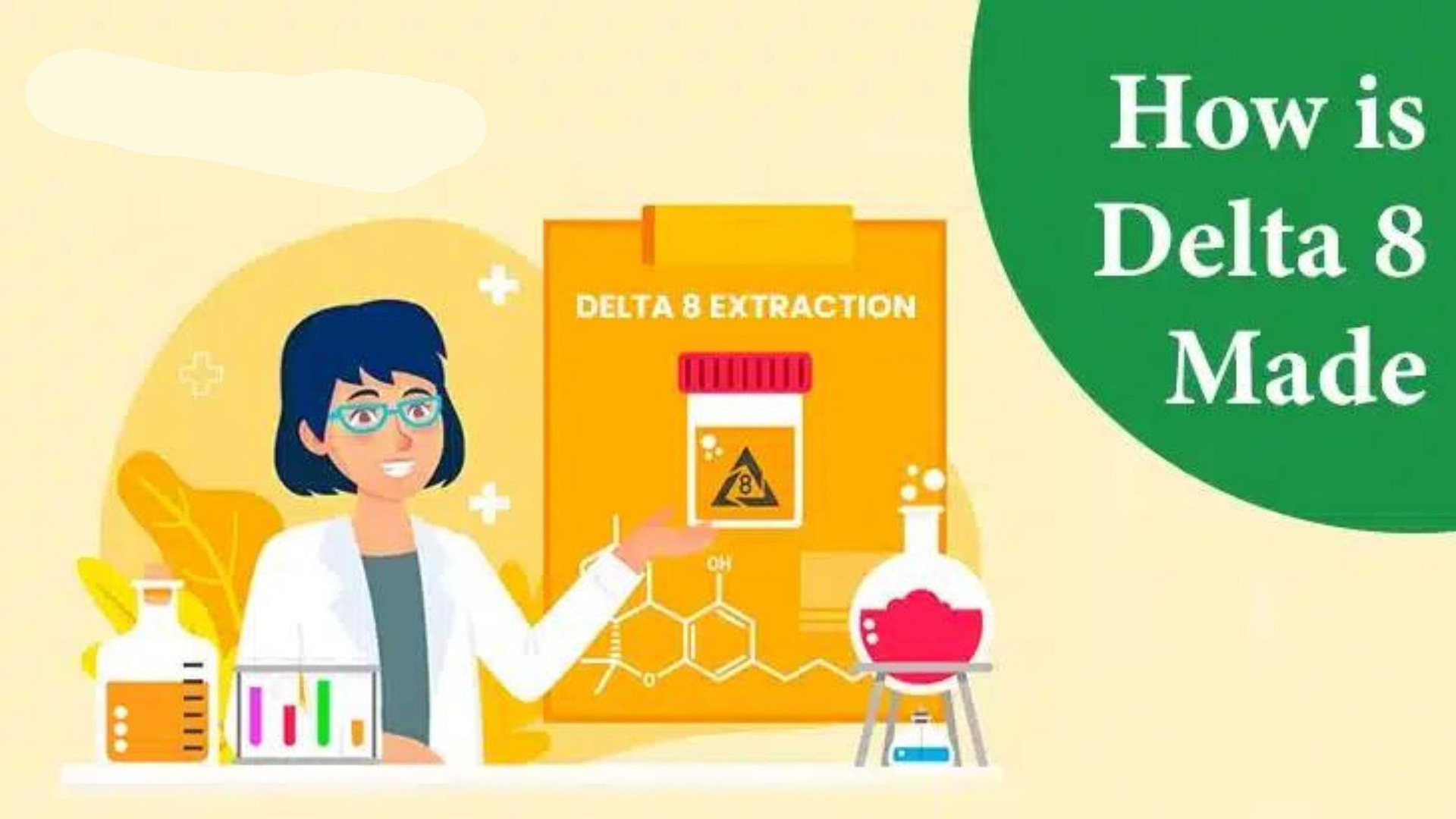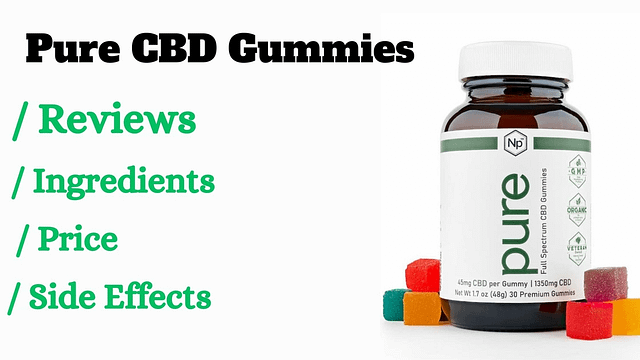Delta-8 THC is a unique compound that's not usually found in large amounts in hemp or cannabis plants. To make more of it, scientists use a special process called isomerization. They can change other compounds like CBD or Delta-9 THC into Delta-8 THC using this process. So, how do they do it? Let's find out in easy-to-understand terms. We'll explore the science and steps of How is Delta 8 Made , breaking it down into simple words to make it clear and fascinating.
Table of Contents
- 1 Understanding Delta 8 THC
- 2 The Chemical Process
- 3 Step-by-Step Manufacturing
- 4 Solvent vs. Non-Solvent Methods
- 5 Legality and Regulation
- 6 Safety and Quality Assurance
- 7 Future Innovations and Challenges
- 8 Conclusion
- 9 Frequently Asked Questions (FAQs)
- 10 1. What's the difference between Delta-8 and Delta-9 THC?
- 11 2. Is Delta-8 THC allowed everywhere?
- 12 3. How is Delta 8 made?
- 13 4. How do they make sure Delta-8 THC is safe?
- 14 5. Can they make Delta-8 THC without chemicals?
- 15 6. Are there any medical benefits of Delta-8 THC?
- 16 7. What's important when making Delta-8 THC?
- 17 8. How do they clean up Delta-8 THC after isomerization?
- 18 9. What's new in making Delta-8 THC?
- 19 10. How can I know the rules about Delta-8 THC where I live?
Understanding Delta 8 THC

Delta-8 THC, or Delta-8 Tetrahydrocannabinol, is a cannabinoid, just like CBD and Delta-9 THC. It's a bit different, though. Delta-8 THC effects are milder compared to Delta-9 THC, which is the compound in marijuana that makes you feel “high.” People are interested in Delta-8 THC because it might help with pain, nausea, and other things.
Delta-8 THC can be found in small amounts naturally in hemp and cannabis plants, but it's not typically present in the high concentrations that some products on the market contain. This is where the manufacturing process comes in.
The Chemical Process
Here's where it gets a bit scientific. To make Delta-8 THC, they use isomerization. This is a process where they change the shape of molecules. In this case, they're changing CBD or Delta-9 THC into Delta-8 THC.
The process starts with a cannabinoid like CBD, which is another compound found in hemp and cannabis. This CBD is subjected to specific conditions, including the use of reagents and heat, which leads to the transformation of CBD into Delta-8 THC.
Step-by-Step Manufacturing
Here are the steps of How Delta 8 is Made:
1. Extracting CBD from Hemp Plants:
- They start by taking CBD out of hemp plants. They do this with things like CO2 or ethanol. These methods are safe and efficient for extracting high-quality CBD.
2. Isomerization of CBD into Delta-8 THC:
- Next, they use isomerization to turn CBD into Delta-8 THC. The isomerization process is carried out under specific conditions to ensure the transformation occurs.
3. Purifying and Distilling:
- After isomerization, they need to clean up the mixture to get pure Delta-8 THC. Purification and distillation techniques are used to separate Delta-8 THC from other compounds.
4. Quality Control and Testing:
- To make sure it's safe, they test it in a lab to see if there are any bad things in it. Quality control testing ensures that the final product is pure and free from contaminants.
These steps are crucial to ensuring that the Delta-8 THC product is of high quality and safe for consumers.
Solvent vs. Non-Solvent Methods
There are two ways to do this – one with chemicals and one without. Let's check them out:
Solvent-Based Methods:
- They use chemicals like ethanol to help with the process. It's efficient, but they need to make sure there's no leftover chemical in the final product. Ethanol is a safe solvent often used in the production process.
Non-Solvent Methods:
- Some folks don't use chemicals; they use heat and pressure. This is safer but not always as efficient. Non-solvent methods, such as heat and pressure, are considered safer as they don't involve chemical solvents. However, they may not be as efficient in extracting Delta-8 THC.
The choice between these methods often depends on safety regulations, efficiency, and the desired end product.
Legality and Regulation
The legal status of Delta-8 THC varies from one place to another. In some regions, it is considered a legal hemp-derived compound, while in others, it may be subject to restrictions. It's important to be aware of the specific laws and regulations governing Delta-8 THC in your area.
Safety and Quality Assurance
Safety is a paramount concern in the production of Delta-8 THC. Quality assurance measures are implemented at every stage of manufacturing. This includes testing for impurities, contaminants, and ensuring the correct Delta-8 THC content. Manufacturers adhere to strict safety protocols to protect both workers and consumers.
Future Innovations and Challenges

The Delta-8 THC industry is continually evolving. As the popularity of Delta-8 grows, innovations in production methods are likely to emerge. Researchers and manufacturers are exploring new techniques to enhance the efficiency and safety of production.
However, the industry also faces challenges, including regulatory changes and ethical considerations. Maintaining high safety and quality standards is crucial to ensure the well-being of consumers.
Conclusion
So, that's how Delta-8 THC is made, and it's a bit like cooking but with special science. This unique compound might have some good things about it, like helping with pain and nausea. But there are rules and safety things to follow because safety is super important.
The Delta-8 THC world keeps changing, and more cool things might happen. But remember, you should always know the rules where you live and make sure the Delta-8 THC is safe and good. That way, everyone can enjoy the benefits of Delta-8 THC without any worries.
Frequently Asked Questions (FAQs)
1. What's the difference between Delta-8 and Delta-9 THC?
Delta-8 THC is less powerful and doesn't make you as “high” as Delta-9 THC. It's often considered milder and more manageable.
2. Is Delta-8 THC allowed everywhere?
No, the legal status of Delta-8 THC varies by location. It's important to check local regulations and laws to determine if it's legal in your area.
3. How is Delta 8 made?
They use a chemical process called isomerization. Under controlled conditions, CBD is transformed into Delta-8 THC.
4. How do they make sure Delta-8 THC is safe?
Quality control measures include testing for purity and contaminants. Strict safety protocols are also in place to ensure safety for both producers and consumers.
5. Can they make Delta-8 THC without chemicals?
Yes, some methods use heat and pressure to extract Delta-8 THC without the use of chemical solvents. While safer, non-solvent methods may not be as efficient.
6. Are there any medical benefits of Delta-8 THC?
Some studies suggest potential benefits of Delta-8 THC, such as pain relief and anti-nausea properties. However, more research is needed to fully understand its therapeutic potential.
7. What's important when making Delta-8 THC?
Quality control, safety, and adherence to local regulations are essential in the production process.
8. How do they clean up Delta-8 THC after isomerization?
Further purification and distillation techniques are employed to remove impurities and obtain pure Delta-8 THC.
9. What's new in making Delta-8 THC?
Researchers and manufacturers are continually exploring new methods and innovations to enhance the production process and product quality.
10. How can I know the rules about Delta-8 THC where I live?
It's essential to stay informed about local and federal regulations regarding Delta-8 THC. Consulting legal authorities or experts can provide guidance.

MD
Dr. Phillips, a board-certified medical doctor (MD) specializing in preventive medicine, provides valuable insights to our supplement review process.















+ There are no comments
Add yours